DevOps is a software development approach that emphasizes collaboration, communication, and automation between software development (Dev) and IT operations (Ops) teams. It aims to streamline the software delivery process and improve the overall efficiency and quality of software development and deployment. DevOps practices involve continuous integration, continuous delivery/deployment, infrastructure automation, and monitoring, enabling faster and more reliable software releases. The goal of DevOps is to bridge the gap between development and operations, fostering a culture of collaboration and enabling organizations to deliver software products more rapidly and effectively.
Azure DevOps
It is a comprehensive set of development tools and services provided by Microsoft to support the entire software development lifecycle. It combines version control, build automation, continuous integration/continuous delivery (CI/CD), project management, and collaboration tools into a single platform. It also integrates seamlessly with Microsoft Azure cloud services, providing a cohesive development and deployment environment for cloud-based applications.
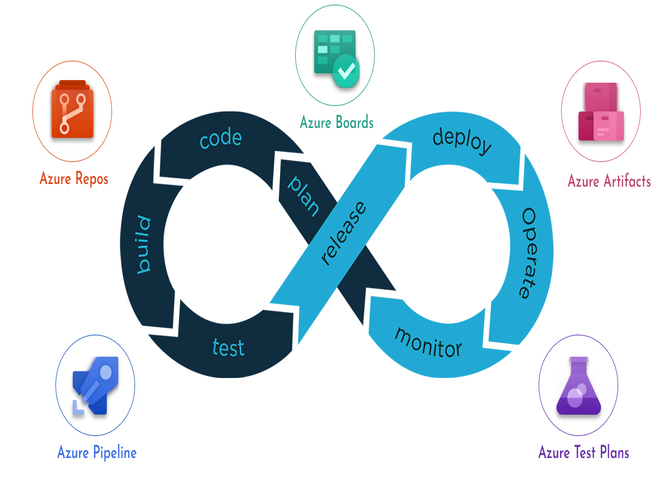
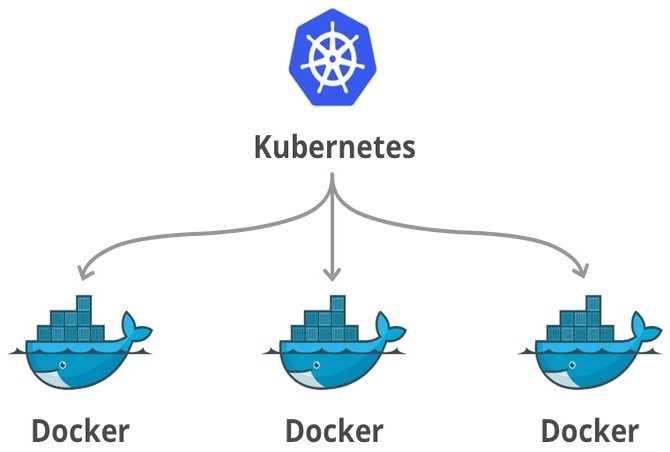
Container Platforms
Docker and Kubernetes are two popular technologies used in the world of software development and deployment. While they serve different purposes, they are often used together to create and manage scalable and portable applications.
Infrastructure as Code
Infrastructure as Code (IaC) is an approach where infrastructure resources (such as servers, networks, and databases) are managed and provisioned using code. Instead of manually configuring and managing infrastructure, IaC allows you to define and automate these processes through code.
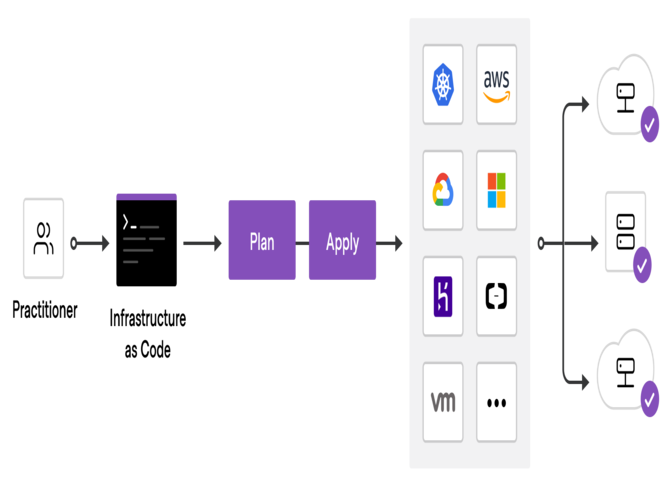
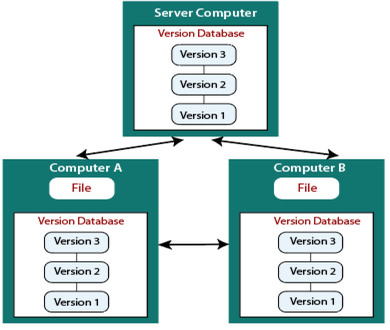
Version Control & Collaborative Coding
Version control is the practice of tracking and managing changes to code and files, while collaborative coding involves multiple developers working together on the same codebase. These practices enable teams to work efficiently, manage code changes, and collaborate effectively.
Configuration Management
It is the practice of systematically managing and controlling the configuration of software, systems, or infrastructure components. It involves establishing and maintaining the desired state of these components, ensuring consistency, and facilitating changes and updates.
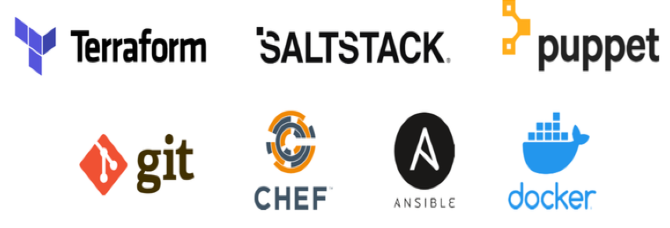
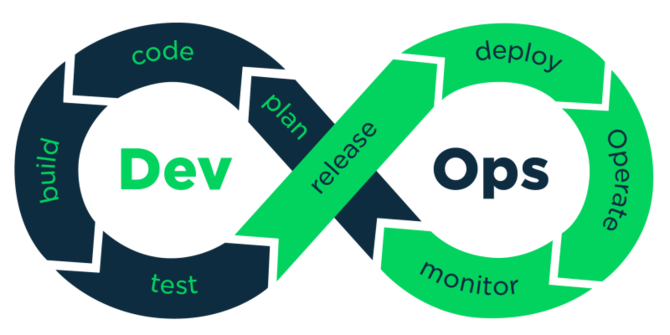
Pipeline (CI/CD)
CI/CD (Continuous Integration/Continuous Deployment) is a software development approach that aims to automate the process of integrating code changes, running tests, and deploying applications to production environments. A CI/CD pipeline refers to the set of practices, tools, and processes used to achieve these goals in a streamlined and efficient manner.